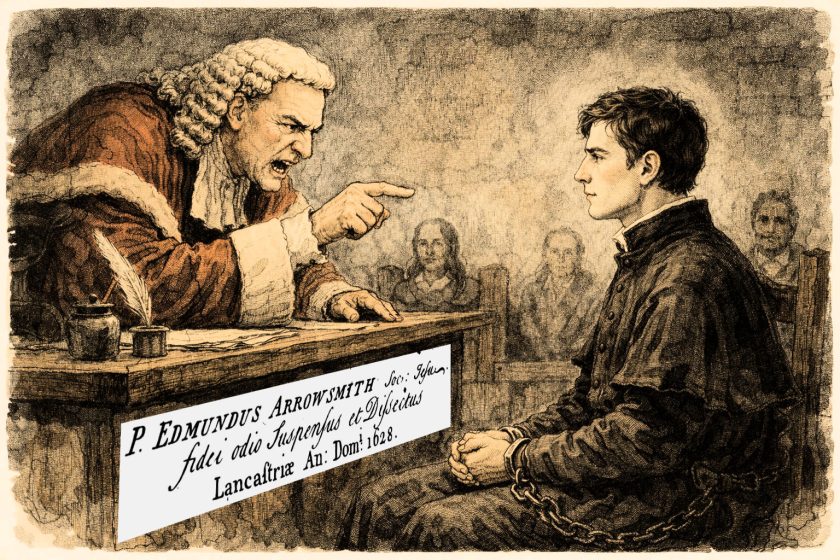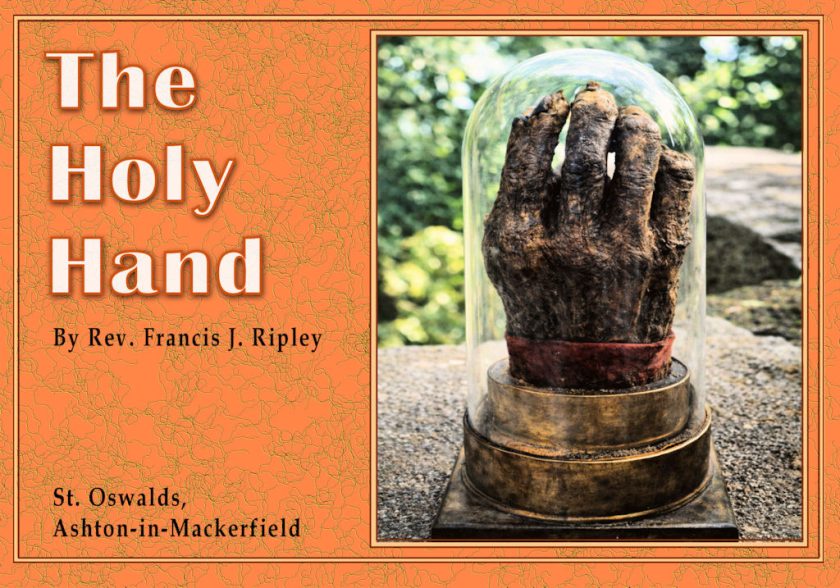THE GYPSIES.
It wouldnt be Race Week if the gypsies did not put in an appearance and, of course, the Market fields were usually covered over with them. I cant say that they were looked upon with any degree of pleasure by the Earlestown folk. Many times have I watched them at work making baskets, chairs, clothes pegs, etc. Whenever or wherever I see gypsies my mind always goes back to the feud I once saw during Race Week. It was between two rival camps. It was learned that this feud had been going on between them long before they came to Earlestown, but I think it reached its head and also its finish before they left the Market fields.
It commenced the first night the rivals met, and often have I thought since then, what little regard they had for each other. I could have understood it if they had fought with bare fists, which they didnt do. The rival camps were pitched about fifty yards apart, and a combatant from each side would meet in the space between the camps and commence to fight. They were stripped to the waist and armed with a stick each. It was then a case of the survival of the fittest. The feud lasted three or four nights, and some terrible encounters ensued, and I would rather not harrow your feelings by telling you what I saw and how some of those fellows suffered. “What were the police doing?” did you say. Our police force did the right thing, he knew the feud was on so he kept away.
Another feud I once saw took place between two rival boxing shows on the Market. It may have been a made-up job between the two proprietors for money-making. That may have been so, but when the boxers were in the ring, all thoughts of faking were thrown to the winds, and some good battles took place. It commenced on the Monday night with a fight between a light-weight of each show and, of course, the usual sparring exhibitions took place, but only one fight between the rivals each night. They took it in turns which show they fought in and there were packed houses at every fight. The feud finished on the Saturday night, and the fight was between the two heavy-weights. One camp had won three fights against the others two, and it looked odds on them winning four against two, as their champion was almost a stone heavier than his opponent.
It was a ten-round contest, and from start to finish there was no quarter asked and none given. The man from the show which had only two victories to its credit, was given the verdict, and judging from the applause, it was no doubt a popular decision. Both sets of boxers appeared in the ring after the fight, and their respective proprietors each gave a little speech, so the hatchet was buried, and they parted the best of pals.
I RETURN TO FELIX SCOTT.
I will now return and tell you a little more about our hero, Felix Scott. As I have previously said, Felix Scott told us many yarns, and I will now relate the one I thought was the most interesting.
“Now, boys, make yourselves comfortable, and I will tell you a story,” said Felix to the three of us. We had just brought him a sack of sawdust, on which the three of us sat in his booth, while he sat on a box and began as follows:
“I was born in Australia and was the eldest of a family of six, five boys and one girl. My sister was the youngest of the family, and I was nineteen years old when she was born. There were great rejoicings amongst us when we were told we had a baby sister and, of course, we were all anxious to see her. In due course we saw her and made quite a fuss about her, yet I noticed my dad looked anything but happy. My dad and I always confided in each other, and as I noticed the serious look on his face, I asked him if anything was wrong. He drew me aside and told me that my little sister was blind., Born blind.
“But that cannot be, dad, she has her eyes open.” ” That may be so, Felix, but she will never be able to see, so you understand why I look so serious; it would make anyone. You are too young to understand what a terrible affliction lb is, and old as I am, I can only surmise what it must be never to, see any of the beautiful things on this earth.” “I said, Dad, you forget that I am growing up now and will soon be a man, and I quite understand what an affliction it must be to be born blind, but what I cant understand is, why should she be born blind? Surely something can be done to restore her sight; I dont think God intended her to be blind.” “It is not for us to question His work, Felix, and we must make the best of it,” said my dad.
“We did make the best of it, and when my little sister (Nellie we called her) was about three years of age, I dont think anyone would have thought she was blind, the way she could trot about the house and play with her toys. She had a name for each of her dolls, and we used to tease her- by saying that she couldnt tell Maggie from Jenny or Mary.
Ill just show you I can, she would say, and taking up her four dolls she would put each one down and say, Thats. Mary; thats Maggie; thats Jenny, and this is Nellie. We would then quietly change the positions of the dolls and say, This isnt Nellie. We would be pointing to Mary at the time. She would answer very seriously, I know thats not Nellie, silly, thats Mary. You could change the dolls how you liked, it made no difference to Nellie, she never made a mistake with the names of them.
“At seven or eight years of age she could sew and knit like any other little girl, play hop-scotch or skip; in fact, it was only when she went in town that any of us went with her. My mother wouldnt trust her by herself. It was when Nellie had reached eight years of age that we scented trouble was to come over our happy family. Up to that age she was the happiest and brightest amongst us, and one day an uncle and aunt came over to persuade mother and dad to send Nellie to a blind institution. On no account would dad agree to it, although mother seemed to think it would be best in the end that Nellie should go and learn at this institution. My brothers and I said we would do anything rather than let Nellie leave home, and thats what it meant by going to be educated at this institution.” It is all right for you lads to say that, my mother said, but you must not forget that when your wings grow you will all leave the nest and dad and I will not always be here to look after Nellie. We will have her come home on holidays and also have the satisfaction of knowing she is being prepared to battle in this world even after we are gone. “Certainly my aunt and uncle had given us something to think about. There is not the slightest doubt, it was with the best intentions that they had put the proposition of Nellie being properly educated.
“Now I must tell you that before I started out on the road with my boxing Show, I was a first-rate amateur boxer. Many cups and medals I had won, also many a thick ear and fat eye. The doctor of our little town used often to come to the gymnasium and have the gloves on with us, as he told us it kept him in condition, and I might tell you he kept us on the lookout when we had the mits on with him. It was during the week of my aunt and uncles visit that the doctor put in an appearance at the gymnasium for a bit of exercise. I had the gloves on with him, after which we got chatting, and I told him about us considering sending Nellie away.
“Its going to take money you know, doctor,” I said, and its hard enough to make both ends meet as it is, although we will get the money for her education no doubt. The worst part of it is leaving home. I dont think anything can be done, Felix, said the doctor, in answer to my question, Could anything be done to restore her sight ; You see, Felix, she was born blind.
” I went home that night Very disconsolate, and I can remember it was Friday, night, because on the Saturday a thing occurred that gave me new hope. In the afternoon the children were all playing about, as it was summer time, when a couple of street-singers entered our street. Our house was about half-way, and right in front of our door they commenced their performance. One had a banjo and the other had the bones, or clappers some folk call them. They played a rousing tune first, just to let the people know they were there and, of course, all the kids gathered in front of them, while parents stood at their doors listening to the band. Dad and I stood at our door with Nellie. After the tune, the man with the bones sang The Lily of Laguna, both joining in the chorus. He was certainly a lot above the ordinary street-singer, and seemed to enjoy singing as much as we did listening. They played another selection, after which he sang



